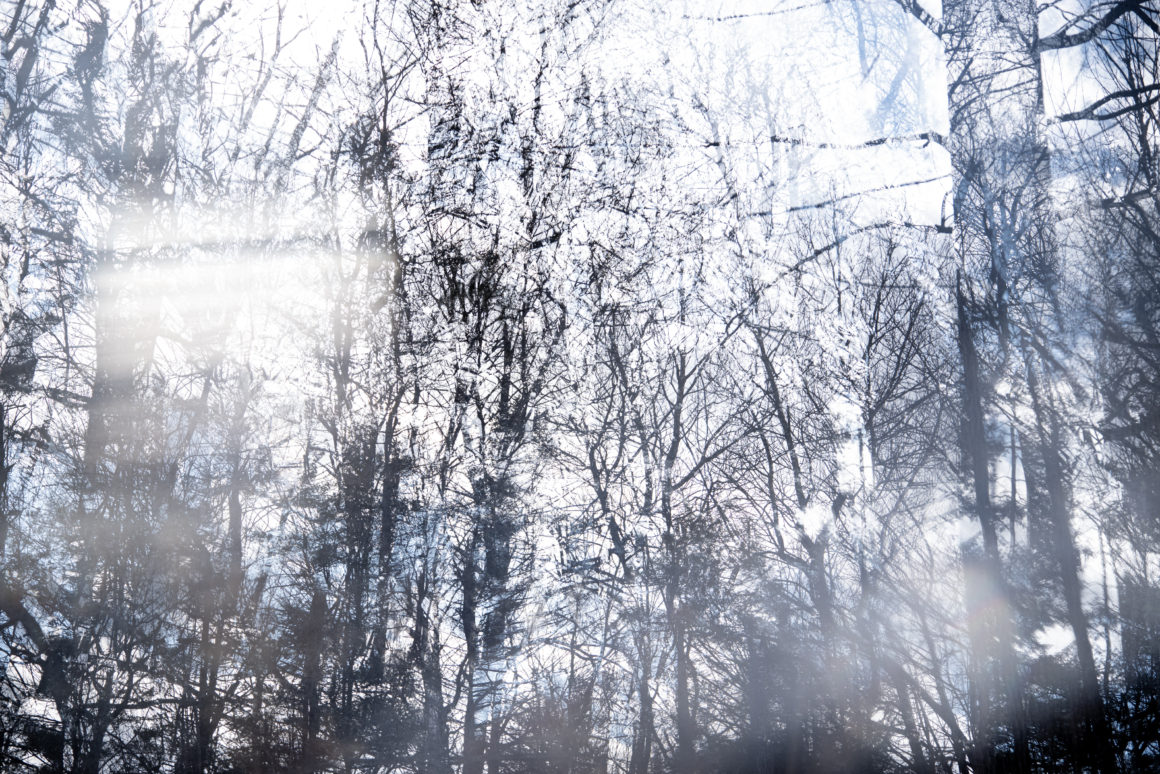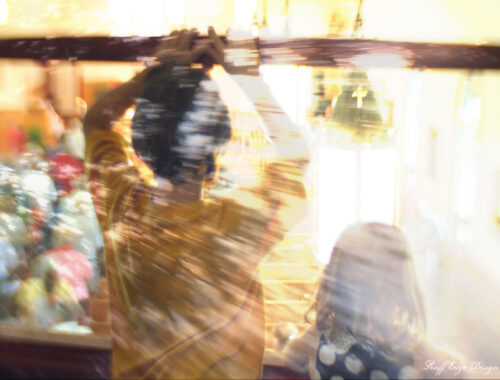
Freedom of the Humble Soul
I had every intention yesterday of writing about the interesting bits I found in The Gaze of Love by Sister Wendy Beckett, but I managed to get off on a political tangent. Can you imagine?
Let’s see if I can flesh something out here and now.
As I mentioned, the book’s subtitle is Meditations on Art & Spiritual Transformations, and essentially, it is a collection of artworks, along with Sister Wendy’s commentaries on them, that she hopes will provide inspiration and direction for prayer. Forty paintings and sculptures are chosen with the forty days of Lent in mind: hence, my tradition of taking the book off the shelf on or near Ash Wednesday.
Sister Wendy uses the introduction to share some of her thoughts on prayer, in general, and to explain why most of her chosen paintings and sculptures are lesser known works created in recent decades. I think there is merit to her way her thinking, which she enunciates here:
The Old Masters come burdened with their fame and familiarity. Before we even start to respond spiritually to a great Raphael we have to contend with our knowledge that we are looking at a masterpiece. … The sheer majesty of the painting is almost daunting: this is “great art.”
I no longer feel comfortable with the mindset that wants to quantify and qualify, so I appreciate Sister Wendy’s openness to seeing what a painting might have to offer, regardless of its provenance or whether it checks the boxes that would let it move into the “Great” column. Perhaps more than anything else, my own forays into art and photography have helped me come to such an understanding/appreciation. Thankful for Andy Warhol’s admonition to just keep creating and leave the judgments to others, I have found that my work piles up in a relatively steady way and feel confidently inclined to try new techniques.
Reinforcing my realistic expectations is Sister Wendy’s commentary on a 1920 painting by Albert Marquet, Sailing Boats at La Rochelle:
Marquet was a lifelong friend of Matisse and an early Fauve, both factors that contributed to his complete and contented awareness of being only minor in comparison. He often painted the same scenes as Matisse, and the absence of the power of great genius is very marked. Yet, being minor is also a vocation! Marquet consistently gives pleasure, his work is so charming, so truthful, so pure even, in its humble sweetness. I find these little boats on their calm water a moving picture. It makes no demands, as all the great ones do, it simply rejoices and shares. Passion is a precious gift, and so too is acceptance of limitation, its necessary counterfoil. Small boats on a small bay, dun skies, muted water: the freedom of the humble soul that is content to be as He chooses.
I’ve got to say, I’ve tried just living life, with little to no worry about audience, and I highly recommend it.




